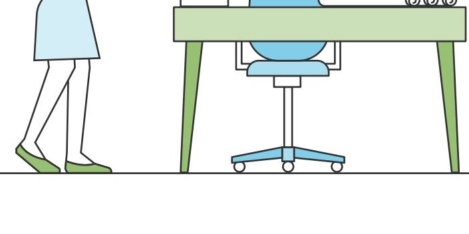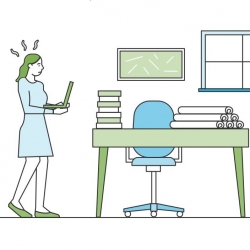September 7, 2023
Narcissistic leaders cause employees undue stress in crisis situations
 Vulnerable narcissistic leaders are especially likely to make employees irritated during crisis situations, reveals new research from NEOMA Business School. Birgit Schyns, Distinguished Professor of People & Organisations at NEOMA, and co-authors analysed survey data on workers in the UK education sector during the COVID-19 pandemic. Respondents reported their levels of irritation and Coronavirus-related worry in five weekly surveys, as well as their experiences with vulnerable narcissistic leadership – an unstable form of leadership characterised by covert feelings of entitlement. (more…)
Vulnerable narcissistic leaders are especially likely to make employees irritated during crisis situations, reveals new research from NEOMA Business School. Birgit Schyns, Distinguished Professor of People & Organisations at NEOMA, and co-authors analysed survey data on workers in the UK education sector during the COVID-19 pandemic. Respondents reported their levels of irritation and Coronavirus-related worry in five weekly surveys, as well as their experiences with vulnerable narcissistic leadership – an unstable form of leadership characterised by covert feelings of entitlement. (more…)





































July 21, 2023
It is possible to balance the positives and negatives of stress at work
by Lisa Gunn • Comment, Wellbeing